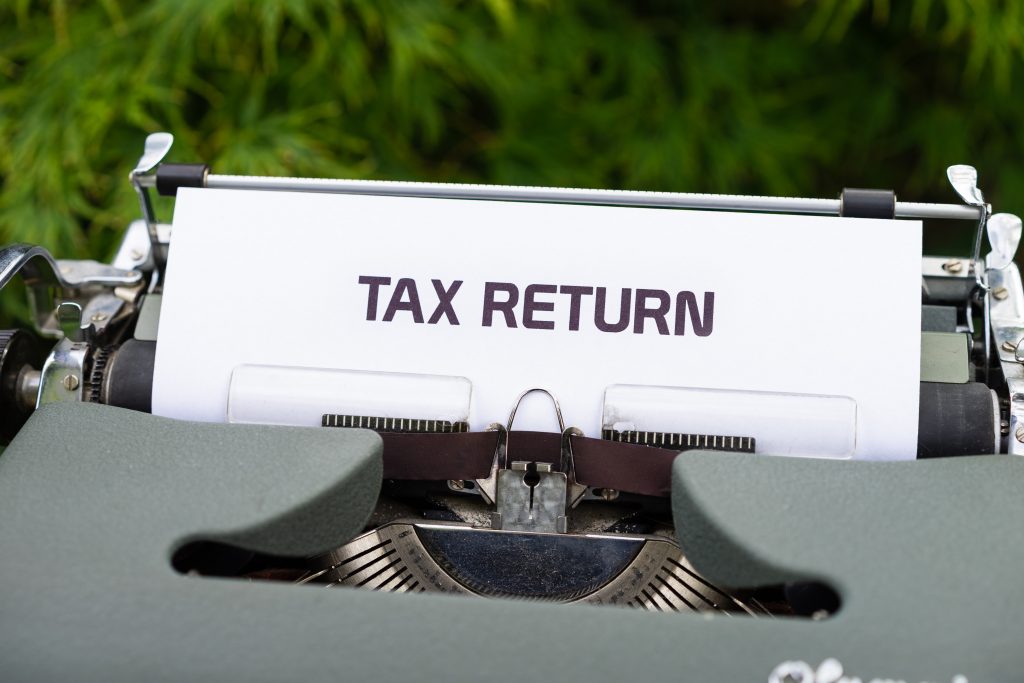 6 mistakes to AVOID when doing your TAX RETURN
6 mistakes to AVOID when doing your TAX RETURN
When are tax returns due?
The deadline to complete your online return is 31 January 2021. If you’ve left it late to submit yours, it’s worth looking at these six common mistakes, to avoid making them yourself.
This isn’t personal advice. Tax is a complicated subject, so if you’re not sure what’s best for you, you should seek professional advice. Tax rules can change, and any benefits depend on your circumstances.
MISSING THE DEADLINE
Last year, nearly one million people missed the 31 January cut-off date. If you miss the deadline, you might have to pay interest on the amount of tax you owe as well as a penalty. Depending on your situation, HMRC could even close your business or make you bankrupt. If you think you’re going to miss the payment deadline, you should contact HMRC as soon as possible to explain your circumstances. It could mean you avoid any of these consequences. HMRC might let you pay what you owe in instalments or give you more time to make the payment.
TIP: Set yourself a phone reminder or put a sticky note somewhere you’ll see every day until you file your return and pay your tax bill.
MISSING INFORMATION
Your UTR number should’ve been sent to you when you registered for self-assessment or set up a limited company. You’ll need it to complete your tax return. If you’ve misplaced it don’t panic. You should be able to find it on previous tax returns or in your Personal Tax Account if you’re registered for Self-Assessment. It’s a 10 digit number and might be called a tax reference number.
TIP: If you still can’t find it, try calling HMRC’s Self-Assessment helpline to request it.
GIVING UP
It can be easy to lose heart if you’ve not yet got all the paperwork you need. But don’t give up.
To avoid paying a fine, you can submit an estimated tax return and update it later on when the paperwork arrives. You can normally make changes to your tax return for up to a year after the filing deadline.
GUIDES
head over to our resources for guides and calculators to help you on your journey.
WRONG NUMBERS
Getting a figure wrong here or there might not seem like a big deal, but it’s important not to be careless. HMRC can issue penalties in cases of careless or deliberate mistakes, but they won’t normally issue a penalty where ‘reasonable care’ has been taken.
TIP: The online form will do some of the calculations for you but make sure you double check your figures. You could even think about asking a professional, like an accountant, if you’re not confident.
OPPURTUNITY to ‘make it easier’ NEXT YEAR.
If you’re nearly done with your return, it’s tempting to try and forget about it until the same time next year. Instead, now is the time to make changes so things are a little less stressful next time.
If you hold investments, it’s worth thinking about putting them in an ISA. As well as possibly cutting your tax bill, it could make life simpler. Once they’re in an ISA you don’t have to worry about declaring UK income or capital gains on them.
MORE ON ISAS
You could also reduce your tax bill for 2020/21 by making a pension payment. Your tax return is for the last tax year. If you pay tax at a higher rate, making a pension contribution by 5 April could reduce this tax year’s (2020/21) bill.
Pension and tax rules could change, and any benefits will depend on your circumstances. You won’t be able to access money paid into your pension until the age of 55 (57 from 2028). If you’re not sure what the best course of action is for you, please ask for advice.
To make next year’s tax return easier, you could even think about bringing all your savings, pensions and investments together under one roof. Just make sure you’re not paying excessive exit fees or giving up any valuable guarantees in the process.
Having everything in one place simplifies things. There will be less paperwork to juggle, and it could make it easier to spot tax-saving opportunities. You’ll be able to see what allowances you’ve used, and how much you can still pay into any tax efficient accounts like an ISA or pension.
NOT DECLARING PENSION CONTRABUTIONS
Remember to include details of any pension contributions you made in the 2019/20 tax year on your tax return. Again, it’s important to get these figures correct. Make sure you put the value you’ve paid in, plus the basic rate tax relief of 20% from the government. This is also known as the gross value.
If you pay tax at a higher rate than the basic rate, it could make a big difference in reducing your tax bill.
Get in touch with Simple Financial Planning
Get in touch with us today to help you with your financial needs, our aim is to make it simple for you!
